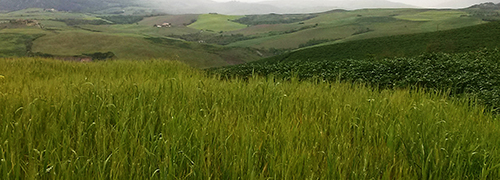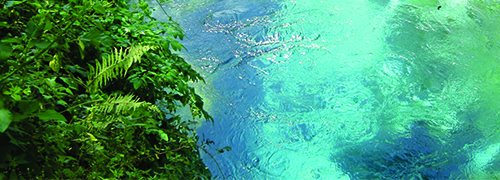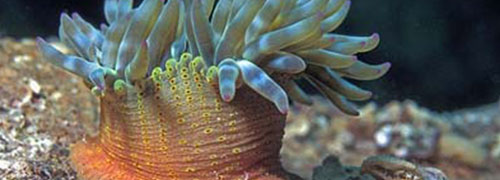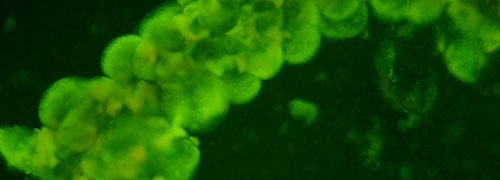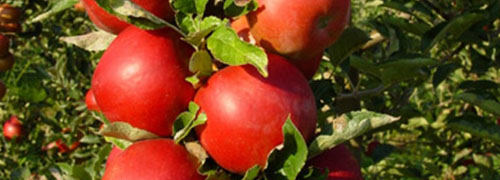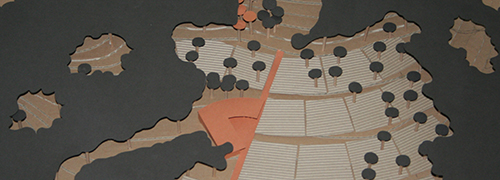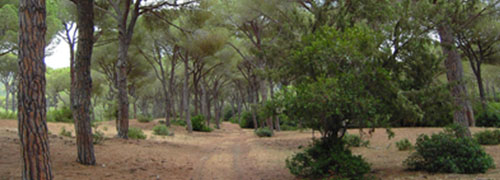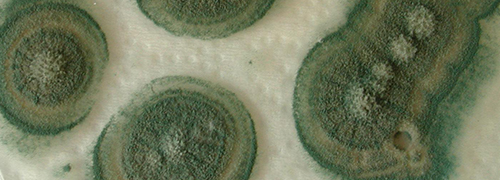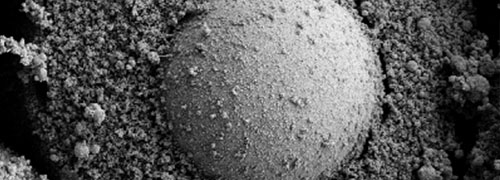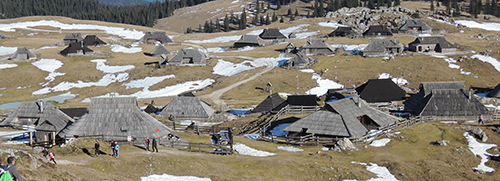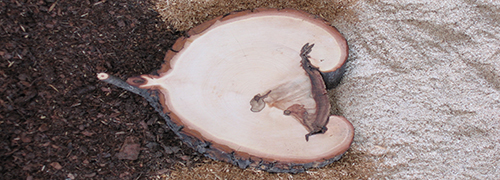The doctoral study of Biosciences has 18 scientific fileds.
Each scientific field has its own coordinator (contact details of the coordinator are written in the description of each field).
The scientific field of agronomy introduces postgraduate students to research into the interactions of agricultural productiom and other, environmentally associated human activities, with environmental factors, global environmental changes and changes in soil use.
Doctoral study in the field of animal science is intended for educating a wider circle of experts for research, development and pedagogic work in the fields of quantitative genetics, selection, etology and technology of breeding animals. Knowledge of the impact of breeding animals on the environment and quality of animal products is also included.
Bioengineering in Health Sciences is intended for graduates from different faculties, who wish to devote themselves to research and/or ingeneering in the field of health sciences.
How similar are living beings? What are the genetic differences between people? Are people really the descendants of the Neanderthals? How can animal species adapt to the living environment? Damage to what genes is responsible for the appearance of different illnesses? Can the side effects of medicines be predicted from their structural properties?
Biology is one of the central scientific fields in natural sciences. This is knowledge about animals, plants, microorganisms and fungi and their mutual interactions and linkage with the environment. Biology deals with all levels of biological organisation, from molecules to ecosystems.
Students will be given in-depth knowledge in the field of microbial, plant, animal and human physiological processes that can be modulated using biotechnological methods, in order to improve the quality of organisms or to use them for production of certain goods.
Cell sciences are based on cell biology, which is an explicitly dynamic, integrative field of science in which the aim is to recognise the structure and functions of eukaryontic cells in normal and diseased states. The subject of research is individual cells in cell culture and cells as part of tissue and organs.
The aim of the doctoral education in the scientific field of Economics of Natural Resources is to provide doctoral candidates for state-of-the art research work that connects ecological, social, and economic aspects of the bioeconomy at both micro and macro levels.
Doctoral study in the field of food science enables mastery of new knowledge in the interdisciplinary field of food science. The interdisciplinarity is intended to motivate the inclusion of graduates of food science, nutrition and many other complementary fields and encourage innovativeness of research for the transfer of knowledge and the development of contemporary trends in the production and supply chain of foods.
The field of horticulture covers fruit growing, viticulture, horticulture, ornamental plants and medicinal plants. It is the fastest growing branch in Europe from the point of view of the quality of existing and new horticultural products and creating more pleasant living conditions.
Doctoral studies in the scientific field of landscape architecture is education for research work in this field. The focus of landscape architecture is planning future conditions in space, which is not basically a research activity.
Doctoral studies in the field of managing forest ecosystems enable deepening and broadening knowledge of the nature of forest ecosystems, their administration and management in line with the three principles of modern forestry, sustainability, co-naturalness and multi-functionaliy.
The scientific field of Microbiology enables PhD students to acquire knowledge about function of microorganisms in natural and industrial systems as well as in environmental technologies where microorganisms are used as working organisms.
New technologies, which include nanotechnology, will undoubtedly shape our future. Many believe that we have already entered the nano-era, since products of nanotechnology are appearing in many products intended for everyday use. Nanotechnologies are established in the pharmaceutical, cosmetic, electro-technical, textile and food industries.
Nutrition research is of great importance as it provides the basis for setting the reference values for nutrient intakes and forms the basis for designing a sustainable food system and developing new food products.
The framework is fairly broad, ranging from geomorphology and biology to social sciences applied to nature conservation.
The programme is interdisciplinary and provides a direct link with basic research in biotechniques, definition of processes and the development of all types of technical systems that enable substitutes in nature. It is comparable for both biotechnical and natural science technical profiles.
Wood is the most promising natural renewable polymer composite, which, because of its exceptional properties, enables practically unlimited methods of use of the material.
The scientific field of wood and biocomposites is defined by two basic subjects, which enable in depth knowledge to be obtained of the properties and technological production and processing of wood and similar ligno-cellulose materials.
